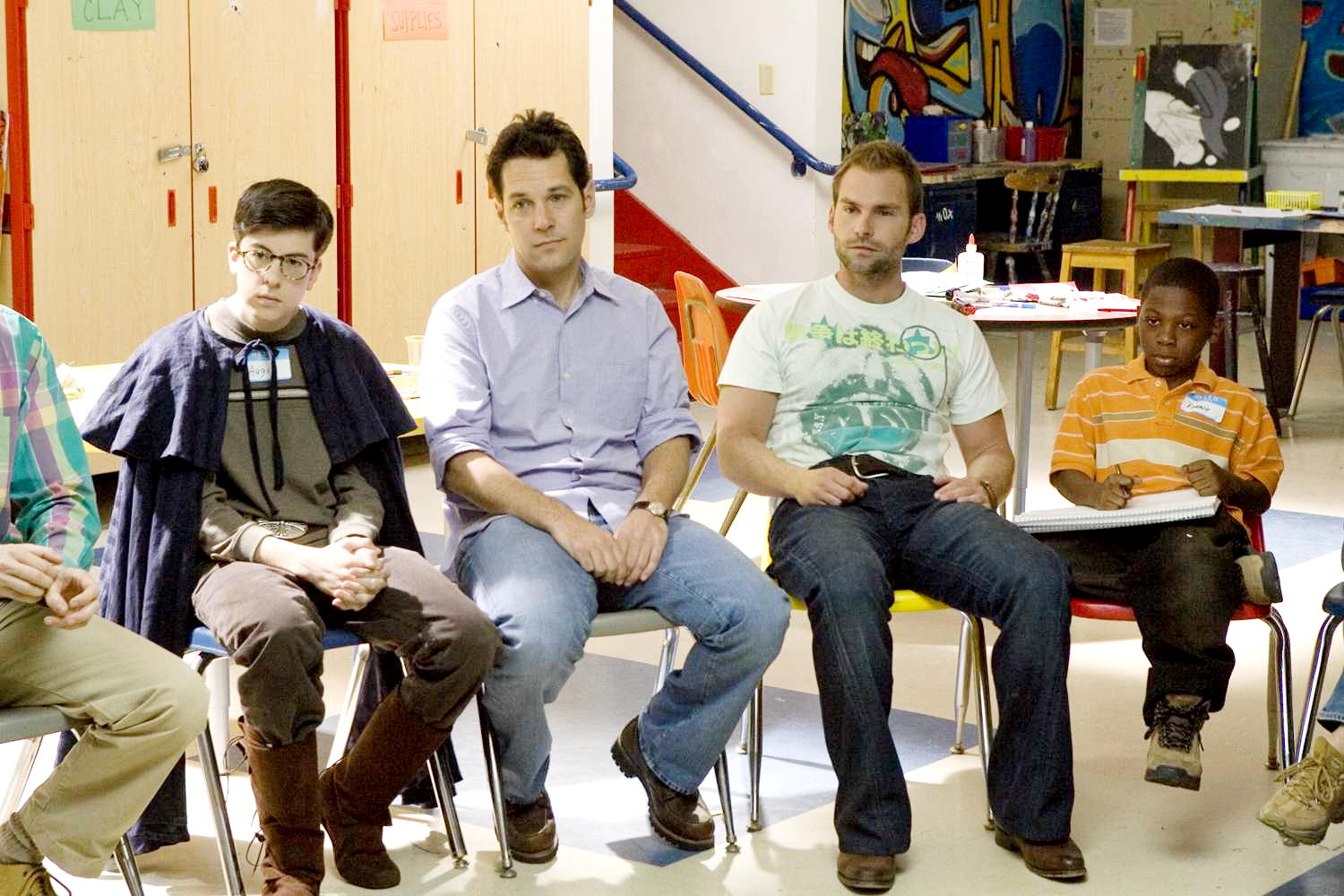
Jesus looked up and saw the rich putting their gifts into the offering box, and he saw a poor widow put in two small copper coins. And he said, “Truly, I tell you, this poor widow has put in more than all of them. For they all contributed out of their abundance, but she out of her poverty put in all she had to live on.” – Luke 21:1-4
A recent story on NPR’s “All Things Considered” discusses the findings of Dacher Keltner, a researcher who studies social class and generosity. Keltner says that, “in just about every way you can study it, our lower-class individuals volunteer more, they give more of their resources—they’re more generous.” The wealthy give more money, in absolute value, but the poor give away a larger percentage of their income. One cited study gave the following figures: the wealthy give 2.7 percent of their wealth while the poor give away 4.2 percent.
 This idea feeds into Keltner’s—and many other researchers’—larger claim, that the wealthy are less generous because they value autonomy and self-sufficiency over social connections. The opposite is true of the poor, who are more aware of their dependence on others for survival and happiness. This is not all that surprising if you know wealthy people (or are even fairly well-off yourself) or if you are familiar with things like the New Testament, but it’s cool to hear studies supporting these ideas.
This idea feeds into Keltner’s—and many other researchers’—larger claim, that the wealthy are less generous because they value autonomy and self-sufficiency over social connections. The opposite is true of the poor, who are more aware of their dependence on others for survival and happiness. This is not all that surprising if you know wealthy people (or are even fairly well-off yourself) or if you are familiar with things like the New Testament, but it’s cool to hear studies supporting these ideas.
The parable of the rich fool and the rich young ruler come to mind (Luke 12:13-21 and Matthew 19:16-24, respectively). Our sticky fingers are motivated by desire for control just as much as for power—our tendency is to protect against the unknown future, especially against a future of need or dependence. This is illusory because of, well, the way life works in its unpredictability, but also because our thirst for security and control is just as ruthlessly insatiable as our hunger for love. Today, material comforts, in all of their abundance, are the yardstick of well-being. We can now meet all of our material needs in a way that shoves God into a corner along with our emptied shopping bags and useless impulse purchases. Like the rich fool and his remodeled barns, the more we have the more we want to secure what we already have and get more. We naturally staple our identities to anything that feels like success (especially monetary), making the idea of thoughtful giving an oxymoron and a selfless donation a sort of personality amputation.
And now for a bit more on the hermeneutical side of things, cue Mbird’s favorite parable guy, Robert Farrar Capon:
…[Jesus] adds, “Guard yourselves against all covetousness, for a person’s life does not consist in the rafts of goods that belong to him.” So much for the IRA’s and the second homes, and the retirement plans that are the hope of the well-off and the envy of the poor who will never have them. Our world runs on avarice. Wealthy, poor, or in-between, we are all of us, in Jesus’ eyes, nothing but unreconstructed rich people. We clutch at our lives rather than open our hands to our deaths. And as long as we do that, the real life that comes only by resurrection remains permanently out of reach.
…”I will say to my life,” gloats the Fool, “Life, you have ample goods laid up for many year. Take your ease, eat, drink, and be merry.” Jesus, in other words, is having the Fool do what we all do in our avarice: congratulate ourselves on our lifestyle whenever possible. He sets him up as the paradigm of our whole plausible, reasonable, right-handed, wrongheaded struggle to be masters of an operation that is radically out of our control—to be captains of a ship that, all our life long, has been taking on water faster than we can bail. And then Jesus delivers the Sunday punch: “But God said to him, ‘Fool!…This night your life [psyché] is required of you; then who will own all this stuff you’ve spent so much time preparing?”
In a quiet last line, Jesus adds, “This is how it is with one who lays up treasure for himself and is not rich in God’s sight [eis theón, literally, ‘into God’].” Jesus—upon whom the Father looks and says, “This is my beloved Son”—is the only rich man in the world; we, who spend our whole lives in the pursuit of wealth, come in the end only to the poverty of death. And we complain bitterly, unable to make head or tail of such a cruel reversal. But in Jesus—who made his grave with the wicked in their moral poverty and with the rich man in the death of all his possessing—all the pointless pursuing and all the sad incomprehension are turned to our good. He waits for us in our deaths. Quite literally, there is nothing we need to do except die.
[youtube=https://www.youtube.com/watch?v=81Nl7VYFEaI&w=600]

COMMENTS
Leave a Reply













